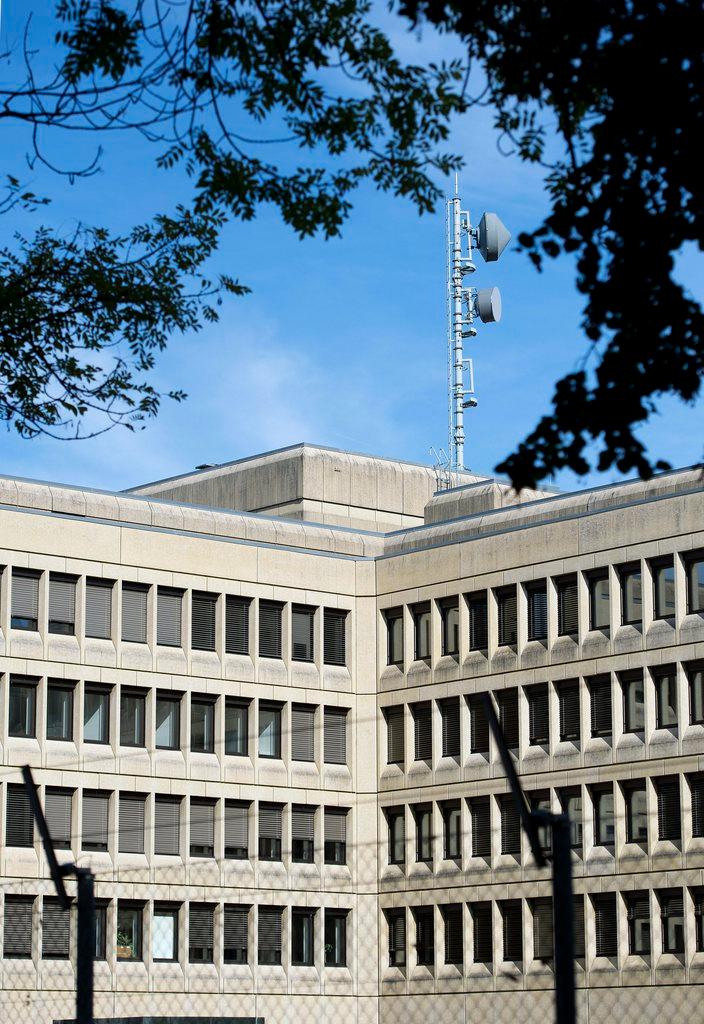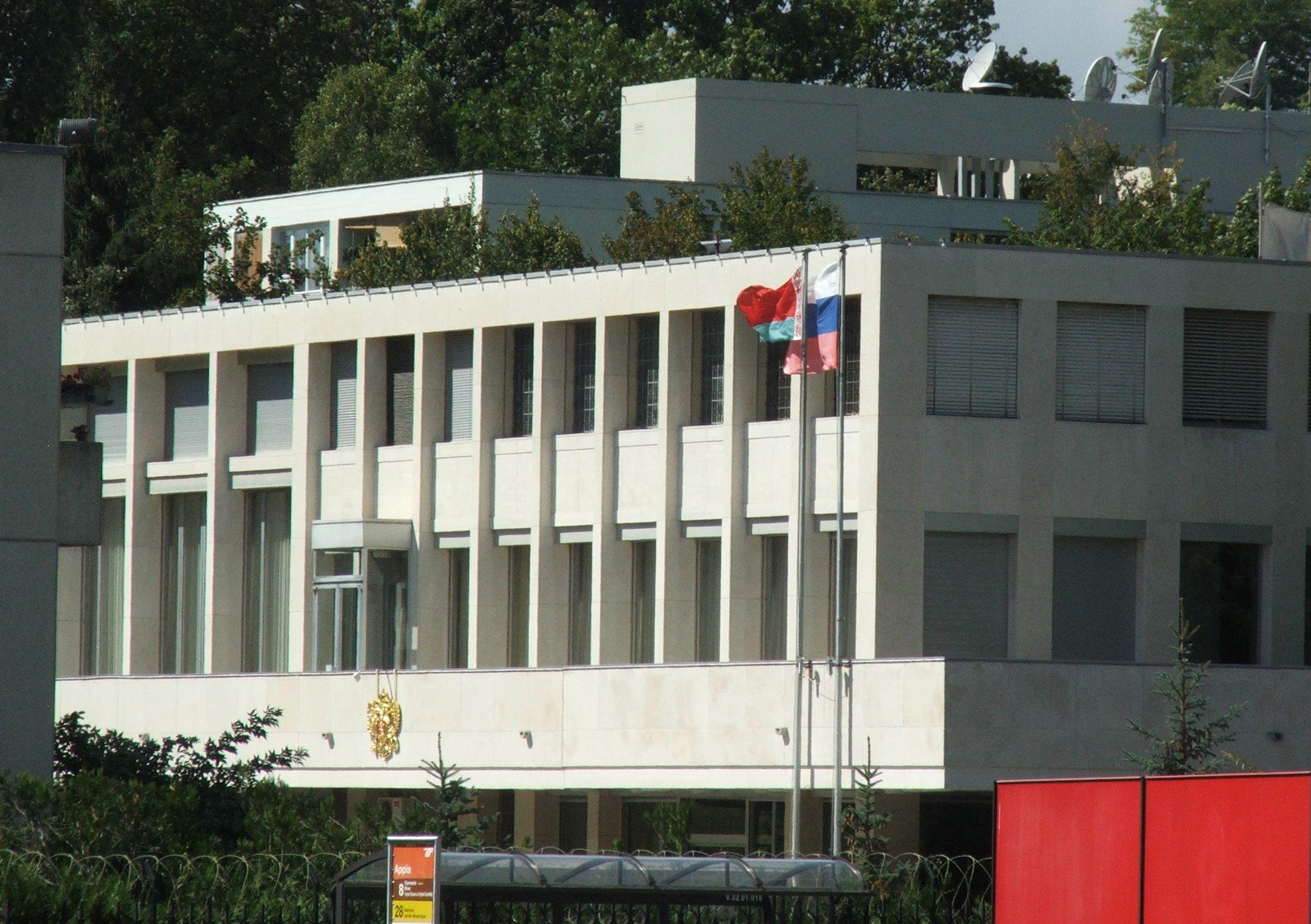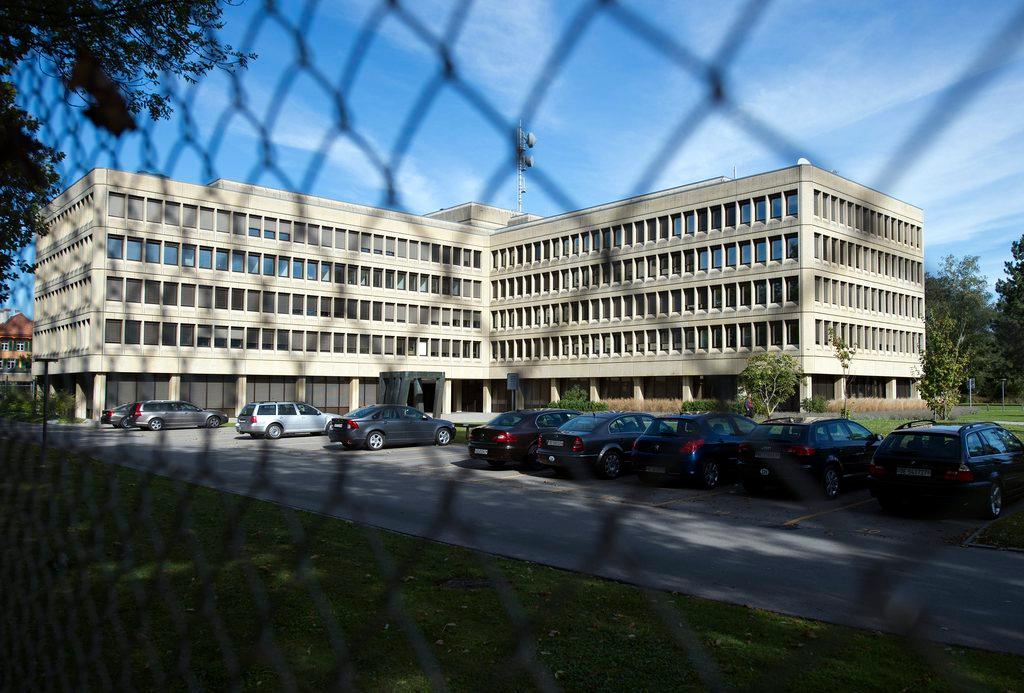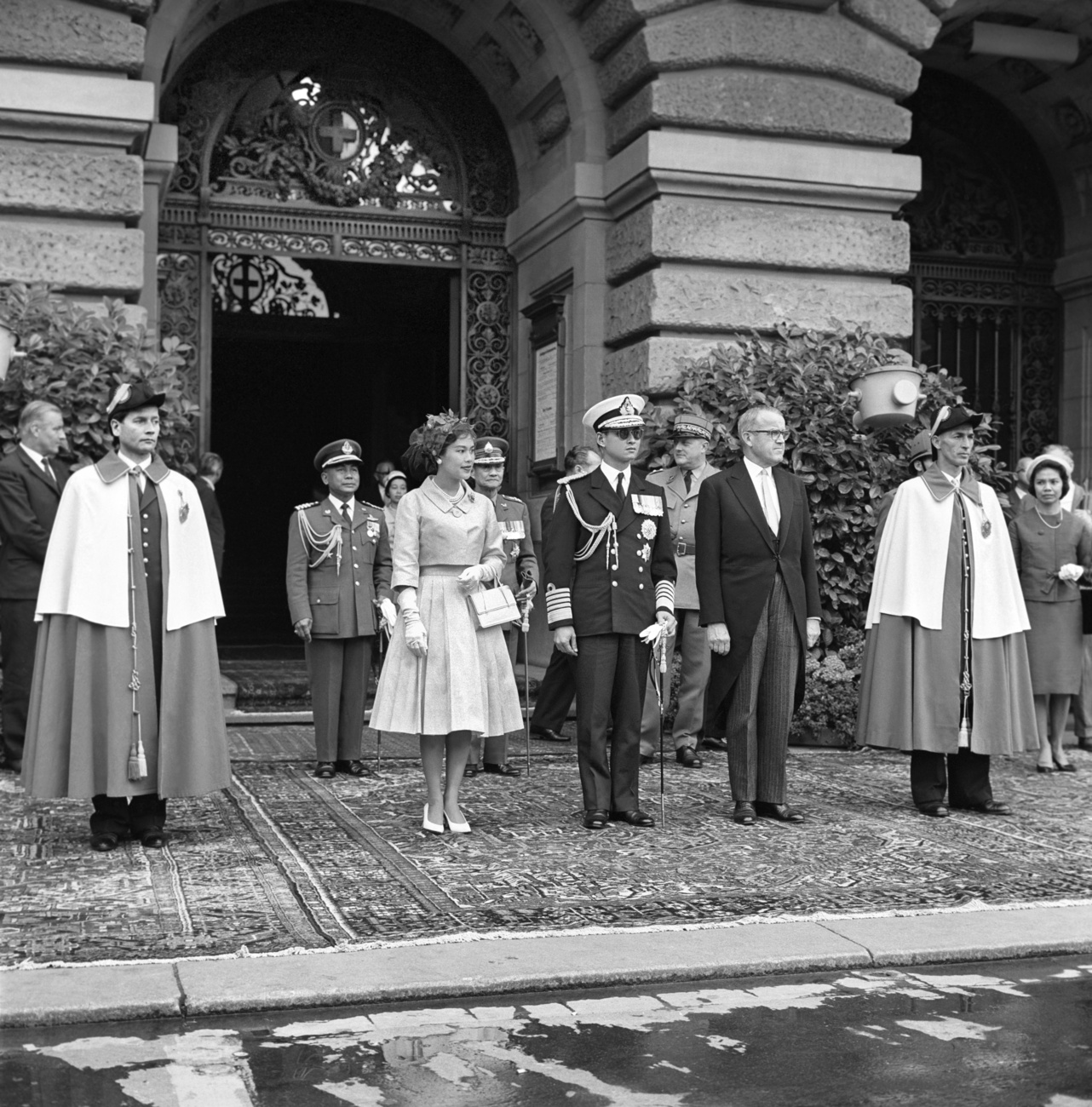
Spying game: what does the Swiss intelligence service do?

The Federal Intelligence Service (FIS) is seen as a relatively small security service that makes headlines more for its amateurism and embarrassing gaffes than for bloody missions. How accurate is this? Ten FAQs about the FIS.
Does any spying go on in Switzerland?
Masses! Switzerland was and remains a hotbed of foreign spies. During the Second World War, Bern was teeming with spies from all sides and during the Cold War it was those from the Eastern bloc.

More
One in four Russian diplomats in Switzerland is a spy, report claims
Today, Switzerland is interesting for spy-watchers because of the presence of countless international organisations. Clement Guitton, an expert on intelligence services, reckons the true extent of foreign spies in Switzerland is unknown.
“It’s also doubtful whether the FIS itself has a good idea of what’s going on – and that’s because Switzerland is ambivalent when it comes to combating espionage,” he says.
As a small country, Switzerland has tried for years to establish itself as a venue for negotiations, competing directly with Vienna and New York, he explains. “Switzerland obviously wants its guests to feel welcome and safe. If it were common knowledge that spies were running around the place, it would damage Switzerland’s reputation as a host and venue for negotiations.”
Switzerland has therefore had to weigh up the costs and benefits. “In other words, counter-espionage is not its top priority.” Guitton says. Switzerland should concentrate much more on those agents trying to spy on the country and its companies, he argues.
And this is what it’s doing. Last year, when Russian spies tried to hack into the Spiez chemical laboratory and the World Anti-Doping Agency in Lausanne, the Federal Council and foreign ministry intervened. The head of the FIS said a red line had been crossed and “Switzerland had to show the Russian authorities that we know what’s going on and that from time to time the fun has to stop”.
How large is the Federal Intelligence Service?
Not particularly large. In 2018, it comprised 314 full-time positionsExternal link. Compared with other countries, the FIS has relatively few staff. “The FIS, although small in size, is an effective and efficient unit,” according to the organisation’s websiteExternal link.
How much does it cost?
CHF77.2 million ($76.7 million) in 2018, according to the state budget. Almost CHF80 million has been set aside for 2019.
What is the FIS permitted to do?
Not much, compared with foreign counterparts. This is one reason why Switzerland is so attractive for foreign spies. “The climate of freedom in neutral Switzerland has always been appreciated by spies. It’s easy to come and go and you’re rarely placed under surveillance,” former FIS head Peter Regli told the Neue Zürcher ZeitungExternal link.
Clement Guitton adds that before the new intelligence law came into effect in 2017, the FIS was clearly lagging behind most European services when it came to surveillance powers.
“That’s different now – at least in theory,” he says. The new law gives the FIS more surveillance powers. For example, the FIS can bug private homes, listen to telephone conversations and hack computers.
For critics, this goes too far.
“The law contains a whole list of conditions that are unconstitutional because they cross lines set by the top courts,” says retired law professor Rainer J Schweizer. “There’s no right to information and only in exceptional cases is there a path to court. That’s really damaging for the protection of constitutional and human rights.”
What have been the biggest spy scandals in Switzerland?
In 1989 the so-called secret files scandal was made public. Without any legal basis the authorities had kept files on organisations and up to 900,000 people – every 20th Swiss and every third foreigner – who were suspected of trying to undermine the Swiss state.
Under the pretext of national security, the intelligence service spied in particular on left-wingers, trade unionists and critics of the army or nuclear power. The fact that most of these people were completely harmless was reflected in the banality of the entries. It was noted, for example, that one parliamentarian “likes to have a beer in the evening”.

Then in 2010 the FIS was accused of illegally keeping an information database on more than 200,000 people. Once again, many of the entries were irrelevant. After being reprimanded by the supervisory authorities, the FIS promised to delete unnecessary entries.
What are the most embarrassing anecdotes about the FIS?
The history of the FIS is a history of cock-ups. Three particularly embarrassing examples:
In 2012, an FIS worker stole highly sensitive data, including detailed information about cooperation with foreign intelligence services, and tried to sell it – before being arrested. The matter came to light only thanks to an alert UBS employee who informed the FIS when the man tried to open an account.
Also in 2012 it turned out that the mobile phone number of then-FIS boss Markus Seiler could be found easily online. Seiler had neglected to change his number when he joined the FIS.

In 2016 the head of cyber-security at the FIS gave his first interview to the media, under condition of anonymity. Shame that a simple Google search revealed his name and function. Particularly embarrassing was the fact that this had been noticed and made public by Qaasim Illi, a Muslim convert and spokesman of the Islamic Council of Switzerland who continues to keep the FIS busy.

What successes can the FIS claim?
The FIS won’t confirm it, but it reportedly prevented a kidnapping on Swiss soil in August 2016. A Turkish spy allegedly slipped knockout drops into the drink of a follower of the Gülen movement so the Turkish secret services could abduct him. But the FIS had been monitoring the Turkish spy and could thus foil the kidnapping plot. Further successes probably exist but they remain secret.
What do critics say?
“I have serious concerns about the FIS,” says Rainer J Schweizer, who for around ten years at a supervisory authority had direct insight into the work of the intelligence service. “I witnessed too many legal violations and random information processing,” he says.
Schweizer is also sceptical about the new intelligence law.
“It no longer deals with the core tasks of a state protection body such as counter-espionage, illegal arms dealing, violent extremism and terrorism. It’s about relatively vague areas such as the alleged threat facing Switzerland as a business location or all sorts of other threats,” he says.
Schweizer says in these cases people are investigated and judged without even the slightest suspicion of criminal behaviour but simply on political criteria. “And these activities remain completely secret and opaque to everyone, which is not acceptable from a democratic point of view.”
How popular is the FIS?
The FIS should be one of the more popular intelligence services in the world. “We don’t monitor the [political] opposition and we don’t bump off journalists, unlike other intelligence services,” claims Peter Regli. “We have a purely analytical, intellectual intelligence service that obtains information for the Federal Council.”
Yet an above-average dose of scepticism can be perceived among the public. Clement Guitton puts that down to inaccurate or even untrue headlines in the media. “The fact that the secret files scandal is still used as a reference point shows that many nuances are missed – including the role of parliament,” he says.
Guitton says Switzerland needs, like other countries, a university chair for intelligence services plus more books and publications to improve the public understanding of secret service work.
Who watches the watchers?
The monitoring of the FIS was strengthened and expanded as part of the new law. Various bodies are involved: there’s the independent FIS monitoring authority, the independent motoring instance and the Federal Council, which monitors the FIS in politically sensitive cases. In addition, the federal data protection commissioner checks the legality of data acquisition and processing, and the parliamentary audit commission keeps an eye on the FIS’s activity regarding legality, appropriateness and efficiency. The parliamentary finance commission audits the FIS every year.

More
Swiss intelligence services ignored spying laws
(Translated from German by Thomas Stephens)

In compliance with the JTI standards
More: SWI swissinfo.ch certified by the Journalism Trust Initiative































You can find an overview of ongoing debates with our journalists here . Please join us!
If you want to start a conversation about a topic raised in this article or want to report factual errors, email us at english@swissinfo.ch.